Business
NBCC warns FG against increasing excise duty on beverages, cigarette
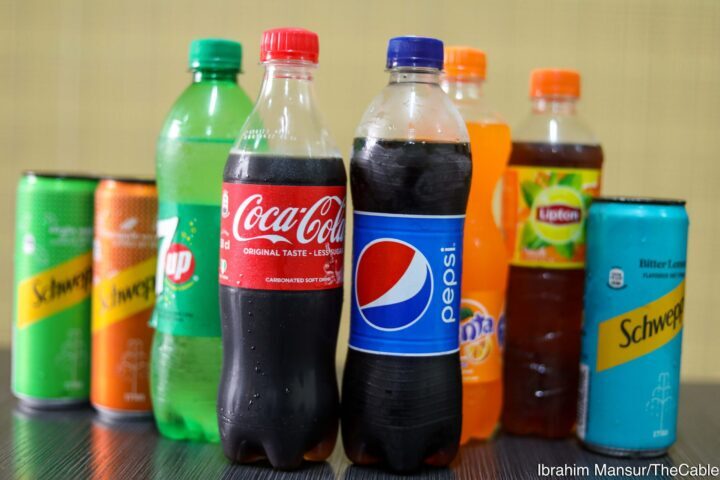
The Nigeria-British Chamber of Commerce (NBCC) has expressed concern over plans by the federal ministry of finance, budget and financial planning to effect a hike in the specific excise component of some products, including alcoholic and non-alcoholic beverages and tobacco.
In a statement issued over the weekend, Bisi Adeyemi, NBCC president, said the move is a significant digression from the recently adopted 2022 fiscal policy measures and tariffs amendments (FPM 2022) roadmap, which covers the excise expansion from 2022-2024.
The NBCC called for a thorough review of the policy, considering its impact on the Nigerian business environment.
“While we understand and appreciate the need to improve federal government income, a holistic review of the peculiarities of Nigeria’s current micro and macroeconomic realities, as well as the impact of these on businesses and Nigerians specifically, should be undertaken,” Adeyemi said.
“This is to ensure sustainability and minimise the negative impact on the affected sectors, including the value chain, who will be the hardest hit.
“Long and medium-term plans and policies that will allow for the engagement and input of all stakeholders usually yield optimal outcomes.”
Adeyemi said the manufacturing sector is currently contending with sundry issues, which include skyrocketing energy costs, rising inflation, foreign exchange scarcity, poor and inadequate infrastructure, increasing difficulties associated with ease of doing business, and other headwinds that increasingly challenge competitiveness in the global market.
Quoting a recent report by the National Bureau of Statistics (NBS), she said that the value of manufactured goods traded for the second quarter of 2022 fell by 36% compared to the same period in 2021.
“Even as manufacturers adjust to the approved excise increase in the FPM 2022, the aforementioned conditions are being exacerbated by the fragile state of the country’s economy,” she added.
Adeyemi implored the federal government to retain the approved excise regime, as contained in the approved FPM 2022, covering the period from 2022 to 2024, and to urgently engage with the affected sectors, chambers of commerce, the organised private sector and other stakeholders.
According to her, any sudden hike in excise would be counterproductive.
“The benefits of the retention cannot be overemphasised, some of which include a steadily increasing tax contribution from the affected sectors which will be delivered by the 2022 FPM; these sectors are able to support the government’s objective of reducing the high rate of unemployment reported to be at about 33.3%, and improve the inflow of foreign direct investment as investors’ confidence is strengthened by government’s continuous demonstration of its willingness to create an enabling environment through stable and consistent policies,” she said.
“Insights from these discussions with the affected sectors, chambers of commerce, the organised private sector and other stakeholders should form the basis of well-rounded policies.
“Finally, we also implore the government to institute measures to plug current sources of revenue loss such as oil theft as this will reduce the over-reliance on taxes from a struggling manufacturing sector in the short term.”
Business
Nigeria to stop petrol importation in June, says Dangote
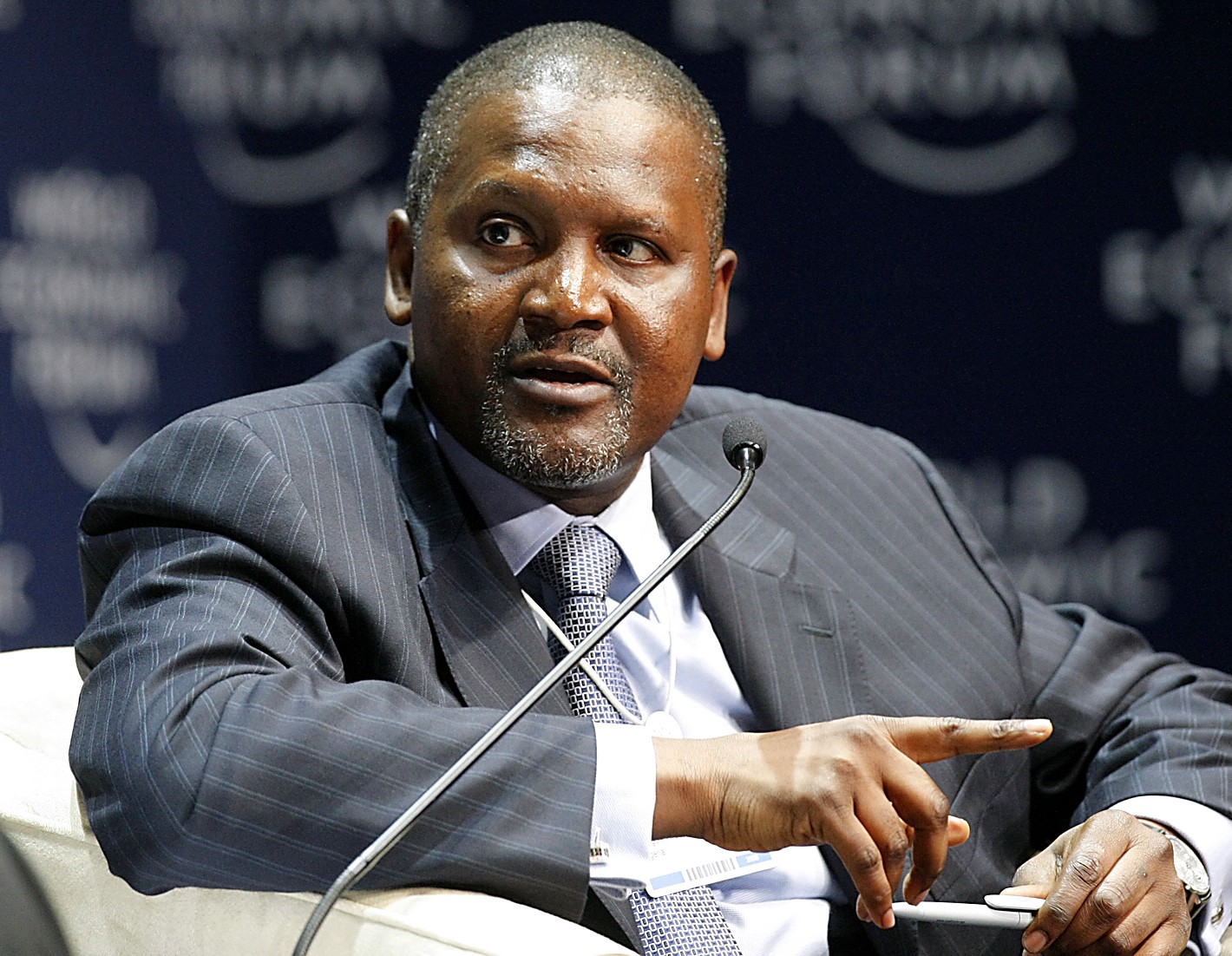
Aliko Dangote, Africa’s richest person, says Nigeria will stop importation of petrol into the country by June.
Dangote spoke at the Africa CEO Forum Annual Summit in Kigali on Friday.
He said the country should end petrol imports by June when Dangote refinery commences production of the product.
“Right now, Nigeria has no cause to import anything apart from gasoline and by sometime in June, within the next four or five weeks, Nigeria shouldn’t import anything like gasoline; not one drop of litre,” he said.
Consequently, Dangote said the shortfall in the supply of petrol will be addressed not only in Nigeria but other West African countries.
“We have enough gasoline to give to at least the entire West Africa. We have enough diesel to give to West Africa and Central Africa,” he said.
Dangote said there is enough aviation fuel to meet the continent’s demands, as well as export to Brazil and Mexico.
Speaking on the commencement of petrol production by the refiner, Dangote said “next month, we will be producing diesel and gasoline”.
He said the refinery would take most African crude grades.
DANGOTE SAYS REFINER WILL NOT FOCUS ONLY ON PETROLEUM PRODUCTS
Dangote said the refiner would not only focus on producing petroleum products.
“Today, our polypropylene and our polyethene will meet the entire demand of Africa and we are doing base oil, which is to do like engine oil,” he said.
“We are doing linear benzyl, which is raw material to produce LLB, which is raw material to produce detergent. We have 1.4 billion population and nobody is producing that in Africa.”
He said all the raw materials detergents are being imported into Africa, adding that the refinery is producing these raw materials to make Africa self-sufficient.
“As I said, give us three and a maximum of four years and Africa will not, I repeat, not import any more fertilizer from anywhere. We will make Africa self-sufficient in potash, phosphate (even if we don’t have enough, there is a lot in Morocco. But we are also looking at the opportunities,” he said
“For our urea, we are at three million tonnes and in the next twenty months, we will be at six million tonnes of urea which is the entire capacity of Egypt.”
The business mogul said the refiner has 650,000 barrels per day, one million tonnes of polypropylene, 590,000 carbon black — the raw materials ink, dyes and others.
Dangote said the second phase of the refinery will start early next year.
Business
Customs FX rate for import duties rises to N1,530/$
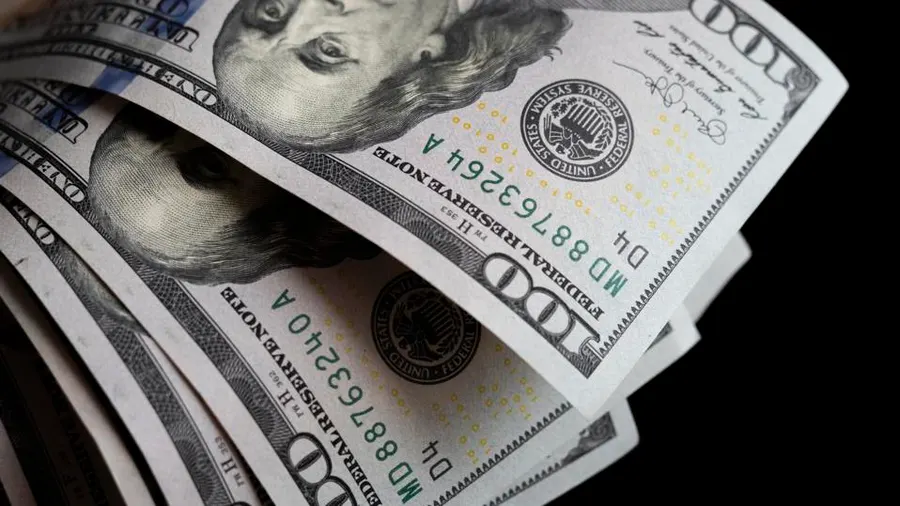
The Nigeria Customs Service (NCS) has adjusted the foreign exchange (FX) rate for import duties to N1,530 per dollar.
This represents a 6.13 percent increase compared to the N1,441.58 adopted on May 6.
The rate adopted by customs was observed on Friday on the federal government’s single window trade portal.
Customs typically adopt FX rates recommended by the Central Bank of Nigeria (CBN) for import duties based on trading activities in the official FX market.
It was observed that the NCS rate is marginally lower than the official FX rate of N1,533/$ recorded at the close of trade on May 16.
On May 15, the Nigerian currency depreciated to N1,550 against the dollar at the parallel section of the FX market.
The parallel FX rate declined by 1.95 percent compared to the N1,520/$ reported on May 13.
On May 16, Muda Yusuf, director-general, Centre for Promotion of Private Enterprise (CPPE), advised NCS to set a quarterly exchange rate between N800/$ and N1000/$ for import duties assessment.
Yusuf said the continuous fluctuation affects inflation.
He said setting a fixed rate was necessary to reduce the pass-through effect of heightening trade costs on inflation.
Business
Naira appreciates at parallel market, official window
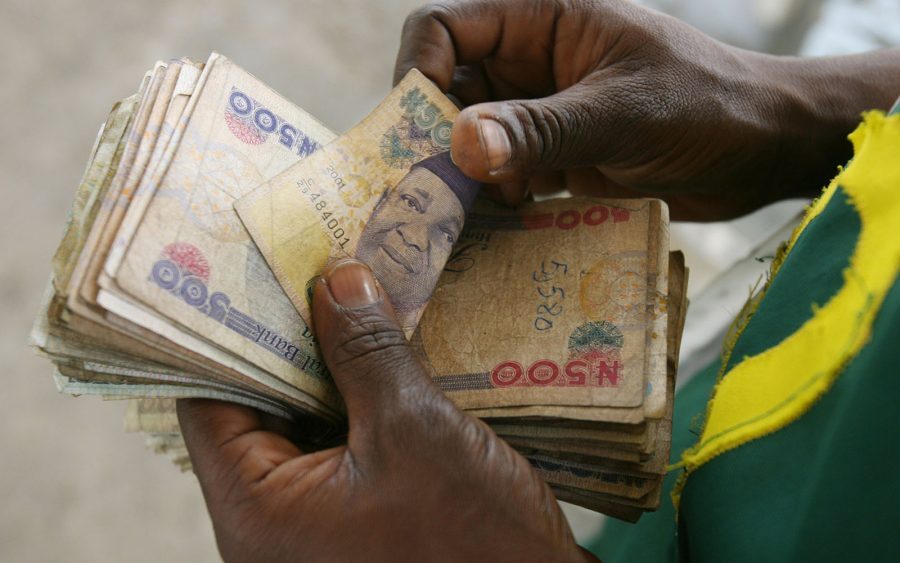
The naira appreciated in the parallel section of the foreign exchange (FX) market on Friday.
At the Lagos street market, currency traders, also known as bureau de change (BDC) operators, quoted the naira at N1,510 to the greenback.
The traders put the buying price of the dollar at N1,480 and the selling price at N1,510 — leaving a profit margin of N30.
The figure represents an appreciation of N40 or 2.65 percent from the N1,550/$ traded on May 15.
At the FMDQ Exchange, a platform that oversees official foreign exchange (FX) trading in Nigeria, the local currency appreciated by 2.45 percent or N36.66 to N1,497.33/$ on Friday — from N1,533.99/$ on May 16.
During trading hours, an exchange rate of N1,555 to the dollar was the highest rate recorded and the lowest rate was N1,415/$.
At the official window, a daily turnover of $83.50 million was recorded.
On May 16, the Centre for the Promotion of Private Enterprise (CPPE) urged the Central Bank of Nigeria (CBN) to peg the exchange rate benchmark for computation of import duty between N800 and N1,000 per dollar — to be reviewed quarterly.
Muda Yusuf, CPPE’s director-general, said this is important to lessen the pass-through effect of heightening trade costs on inflation.
-

 Entertainment1 week ago
Entertainment1 week agoTems announces release date for her debut album ‘Born In The Wild’
-

 Religion4 days ago
Religion4 days agoAllow RCCG members attend your schools for free, Lege Miami tells pastor Adeboye
-

 Entertainment4 days ago
Entertainment4 days ago“My dating era has come to an end” – Actress Susan Peters shed tears of joy as she hints at remarriage
-

 Entertainment1 week ago
Entertainment1 week agoEsther Ogbu narrates how she once slept on the floor for seven days to avoid being sexually molested
-

 Business4 days ago
Business4 days agoSMEDAN begins disbursement of N5bn loans to SMEs
-
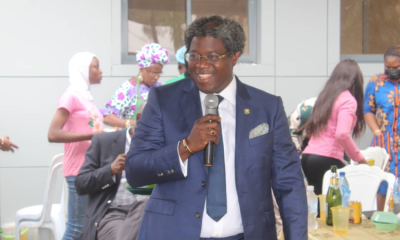
 News1 week ago
News1 week agoLagos state government introduces electronic system for 10-minute approval of building permits
-

 Celebrities4 days ago
Celebrities4 days ago‘Superstar no get money for car’ – Speed Darlington mocks Portable following his arrest (Video)
-

 Sports6 days ago
Sports6 days agoAmusan sets world leading record in 100m hurdles

















